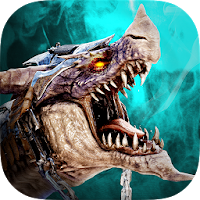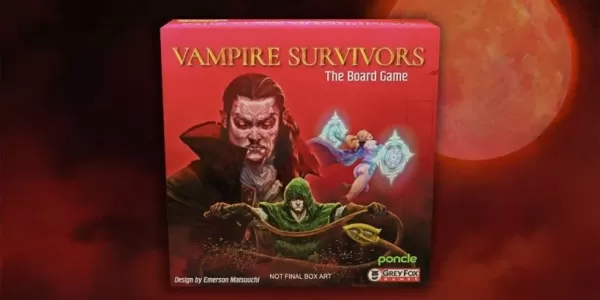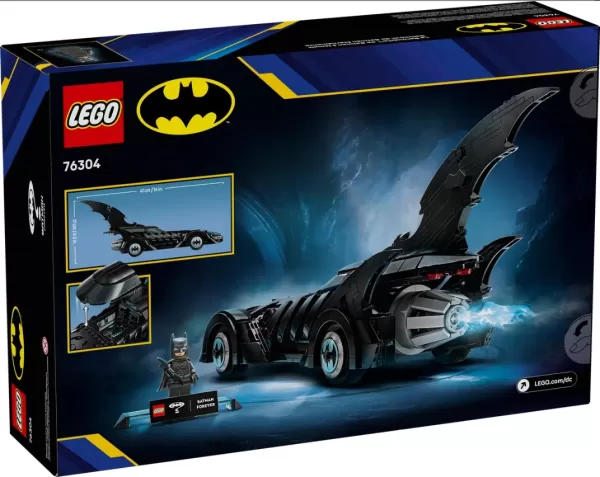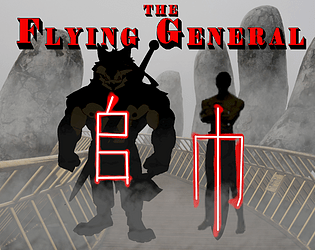"Mastering Monster Hunter: The Ultimate Play Order Guide"
A year after celebrating its 20th anniversary, Capcom’s legendary monster-hunting franchise charges into 2025 with the highly anticipated release of Monster Hunter Wilds. Since its inception, the series has evolved across generations of consoles and handhelds, achieving global acclaim with landmark entries like Monster Hunter World (2018) and Monster Hunter Rise (2021)—now recognized not only as the best-selling titles in the franchise but also as Capcom’s two top-selling games of all time.
With Monster Hunter Wilds launching on February 28, we’re taking a chronological look back at the evolution of the series by highlighting the 12 most significant entries—those that shaped the gameplay, design, and global appeal of one of gaming’s most enduring action RPG franchises.
How Many Monster Hunter Games Are There?
While there are over 25 Monster Hunter titles when including base games, remasters, spinoffs, mobile releases, and region-exclusive versions, this list focuses on the 12 most impactful games that define the series’ legacy. We’ve excluded mobile-only and arcade titles such as Monster Hunter i and Monster Hunter Spirits, discontinued online games like Monster Hunter Frontier and Monster Hunter Online, and niche spinoffs such as the Japan-exclusive, life-sim-style Monster Hunter Diary: Poka Poka Airou Village developed by FromSoftware.
Every IGN Monster Hunter Review
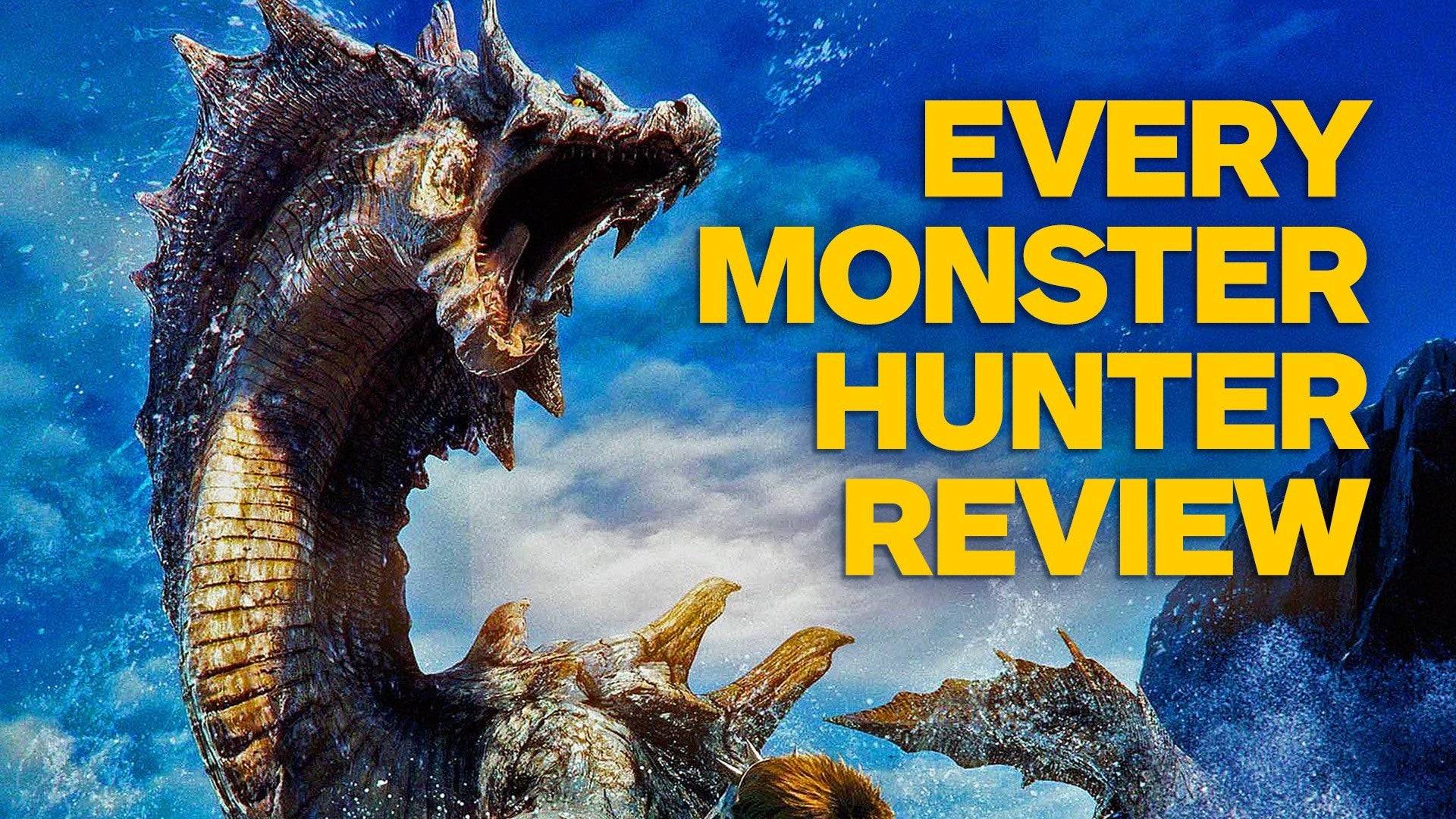
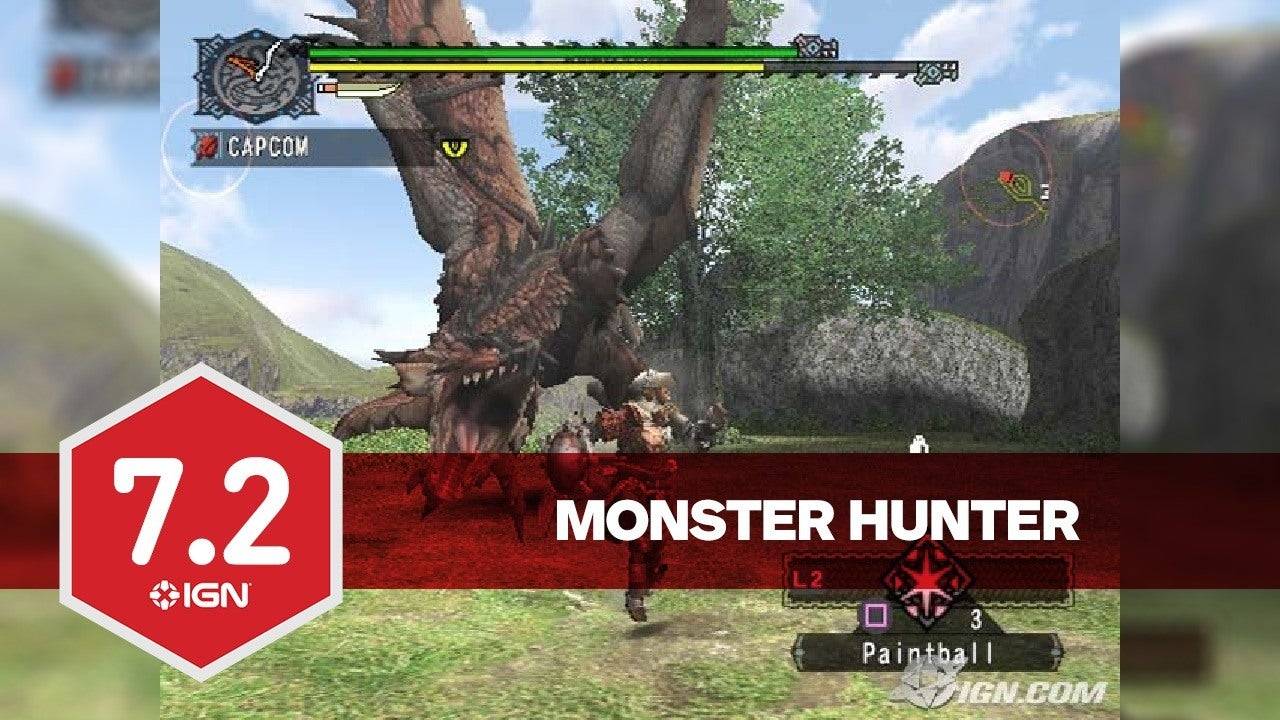 12 Images
12 Images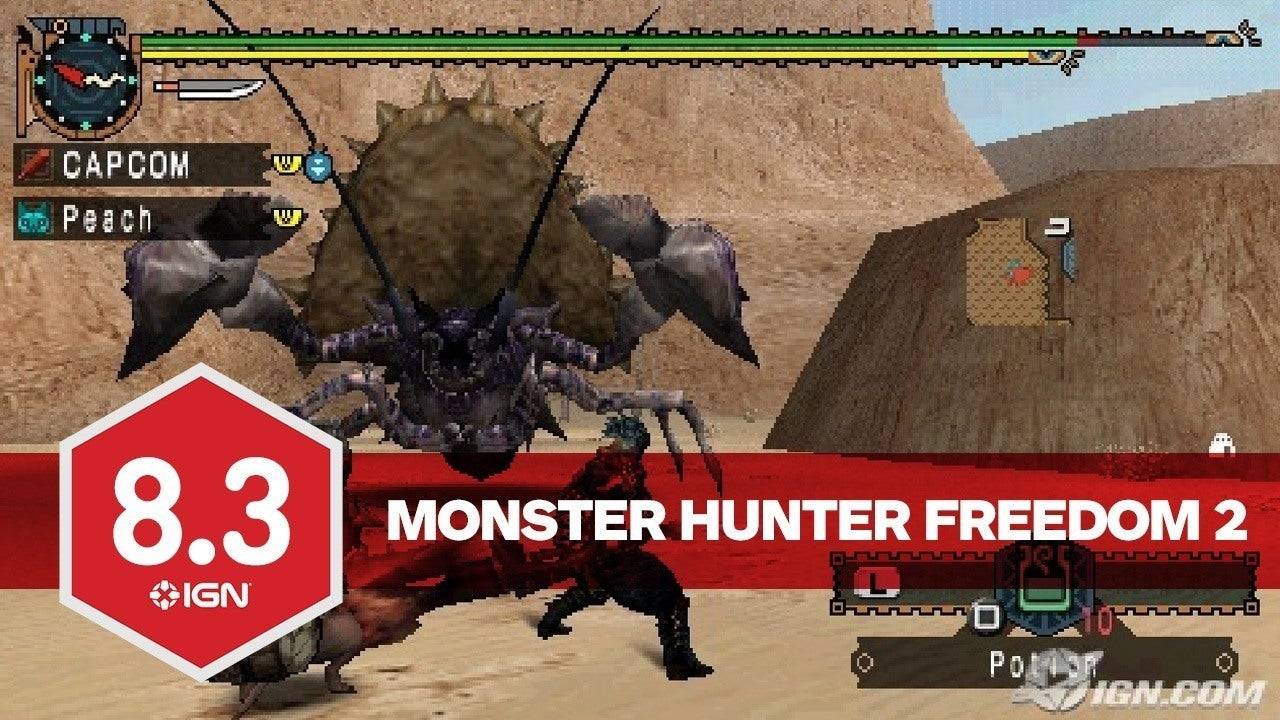
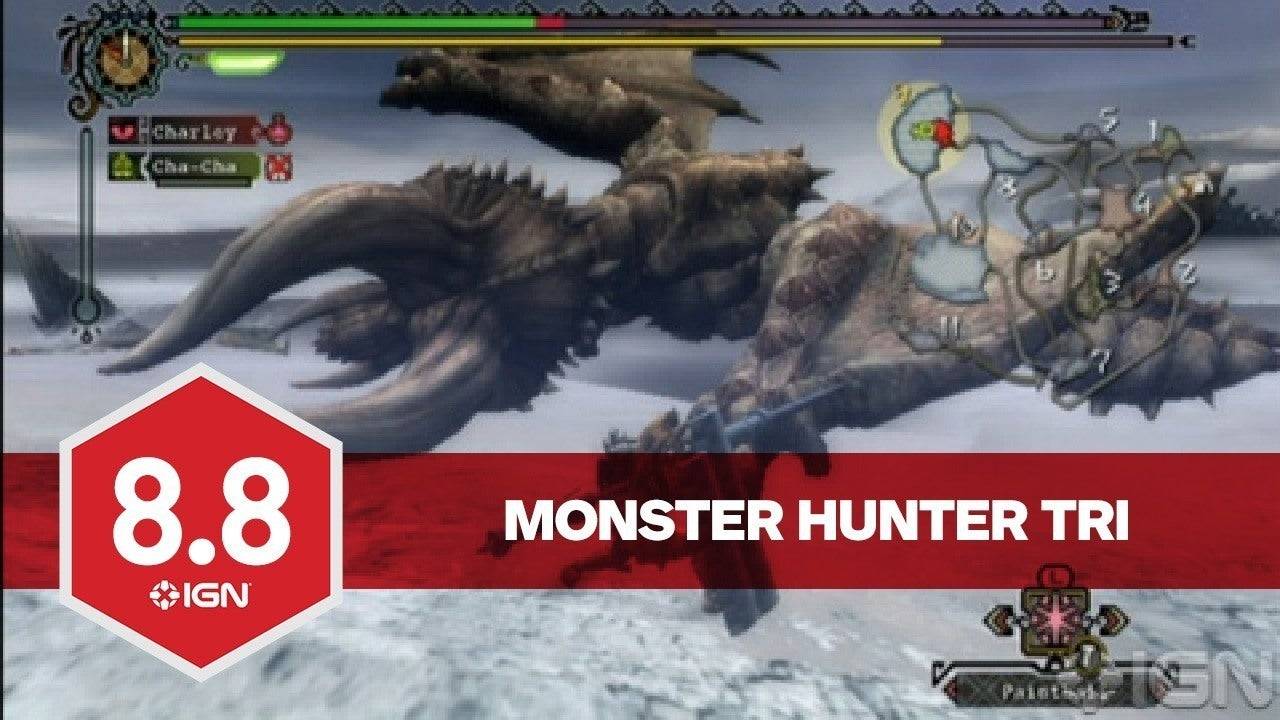

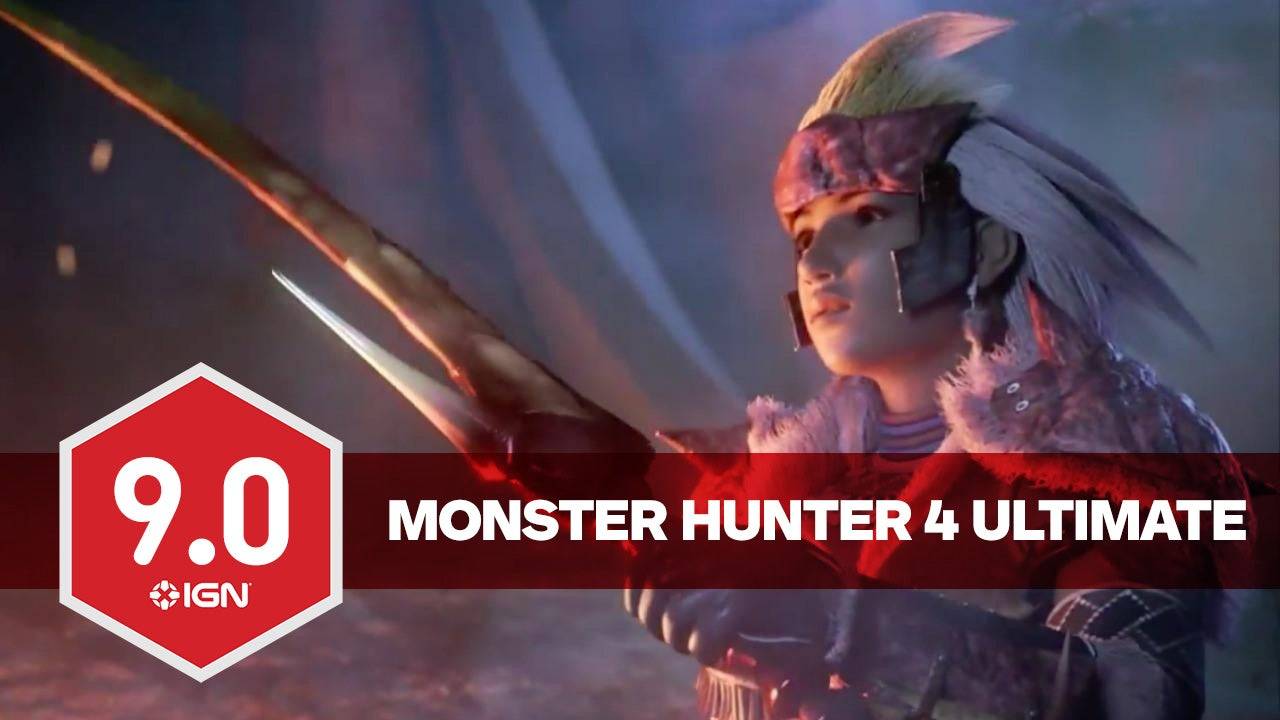
Which Monster Hunter Game Should You Play First?
The Monster Hunter series does not follow a continuous narrative, so players can jump in at any point without missing crucial story beats. If you're new to the franchise in 2025, it may be worth waiting for the release of Monster Hunter Wilds on February 28 to experience the latest evolution of the series. However, if you want to dive in early, your best starting points are Monster Hunter World or Monster Hunter Rise.
World excels in immersive world-building and seamless exploration, ideal for players who enjoy rich environments and a more gradual learning curve. Rise, on the other hand, emphasizes fast-paced combat and fluid movement via the Wirebug mechanic, making it perfect for those who prefer agility and speed. Both serve as excellent gateways into the broader Monster Hunter universe.
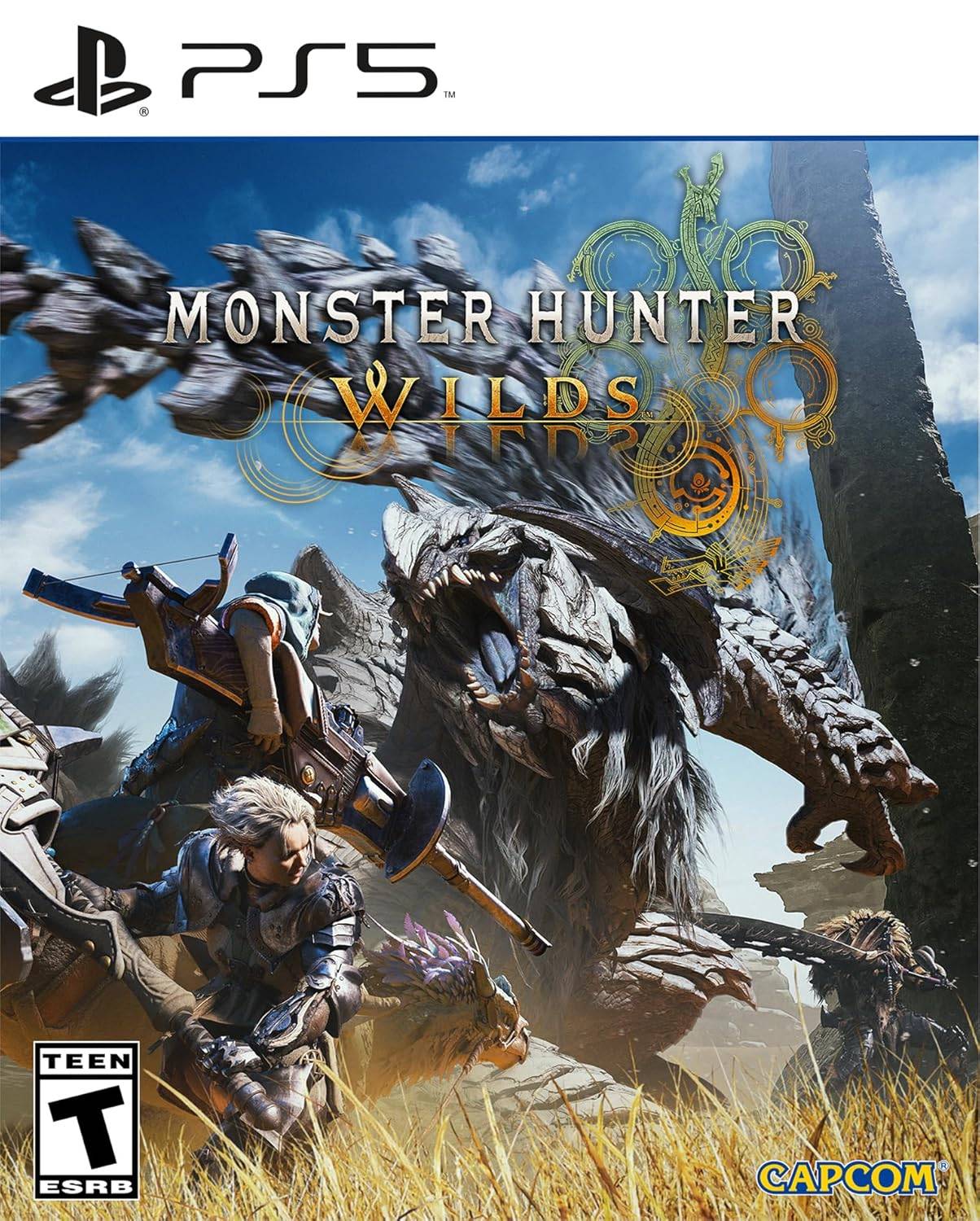 Out February 28
Out February 28
Monster Hunter Wilds - Standard Edition
2See it at Amazon
Every Monster Hunter Game in Release Order
Monster Hunter (2004)
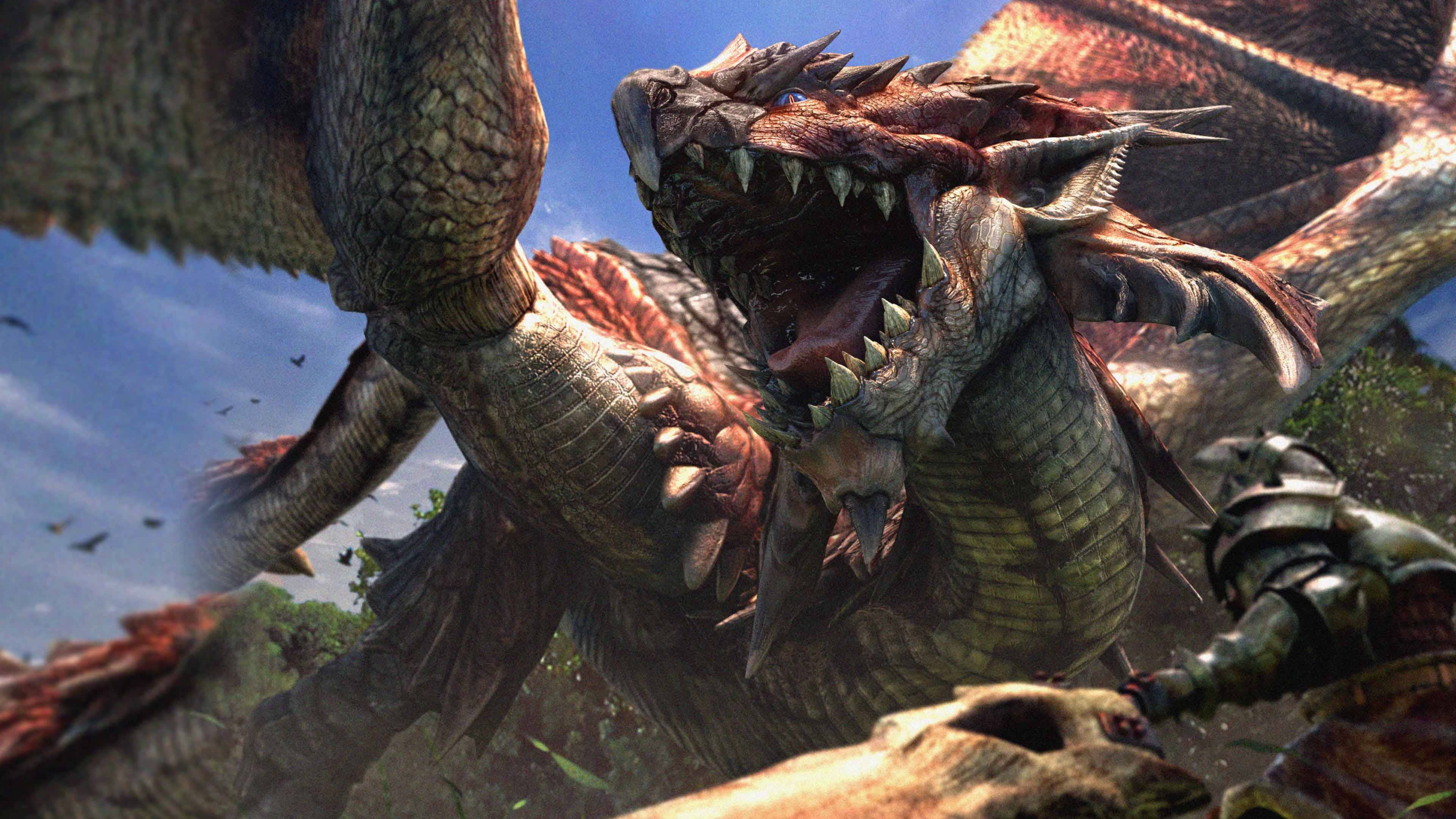
Monster Hunter, alongside Auto Modellista and Resident Evil: Outbreak, was part of a strategic initiative by Capcom to explore the online capabilities of the PS2, as revealed by Ryozo Tsujimoto in a 2014 interview with Eurogamer.
This inaugural entry laid the foundation for the entire franchise. It introduced core mechanics still in use today: players accept quests to hunt powerful monsters, harvest materials from their remains and the environment, then craft and upgrade weapons and armor to take on even greater challenges. The game supported online co-op, fostering a community-driven hunting experience.
An expanded version, Monster Hunter G, launched exclusively in Japan the following year, adding new content and refined balance.
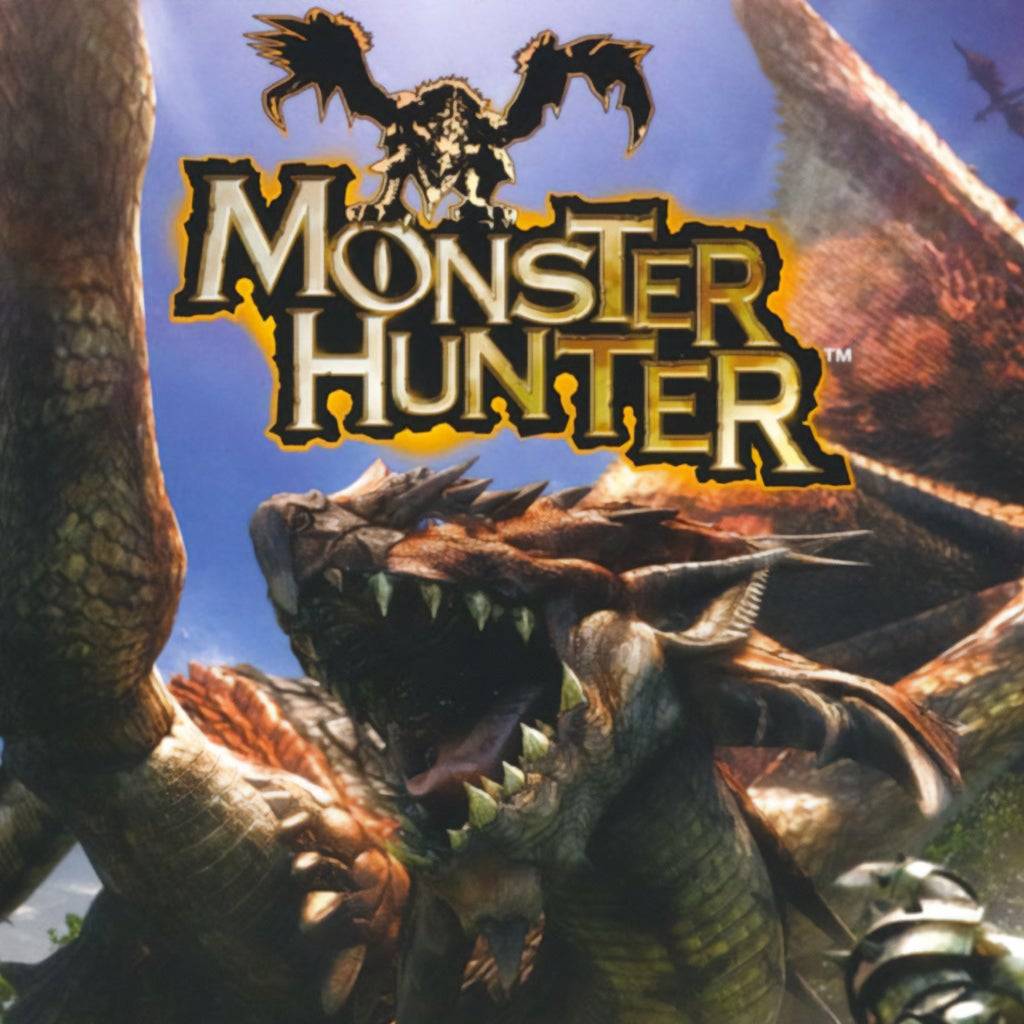
Monster Hunter
Capcom Production Studio 1
Monster Hunter Freedom (2005)
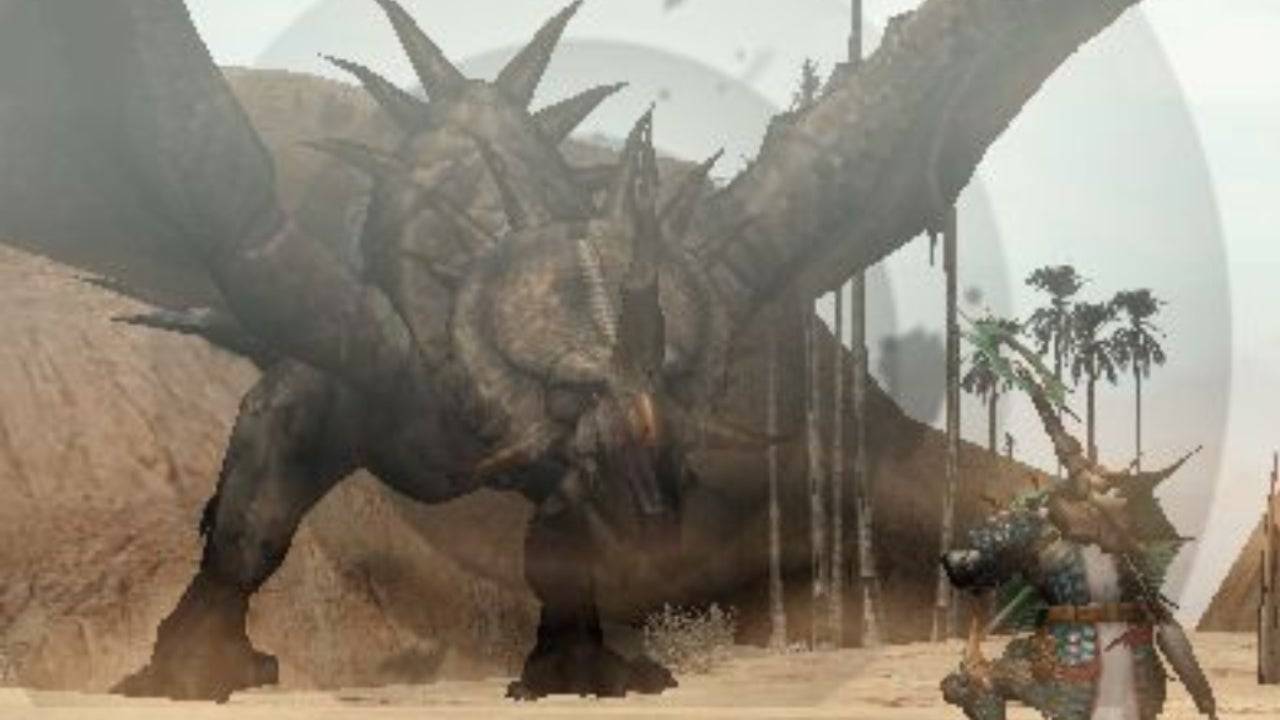
In 2005, the franchise made its leap to portable gaming with Monster Hunter Freedom, an enhanced adaptation of Monster Hunter G optimized for the PSP and tailored for solo play. This marked the beginning of Monster Hunter’s dominance on handheld platforms.
Despite technical limitations, the game sold over a million copies, according to Capcom, setting a precedent where portable entries consistently outperformed their console counterparts—a trend that lasted until the breakout success of Monster Hunter World in 2018.
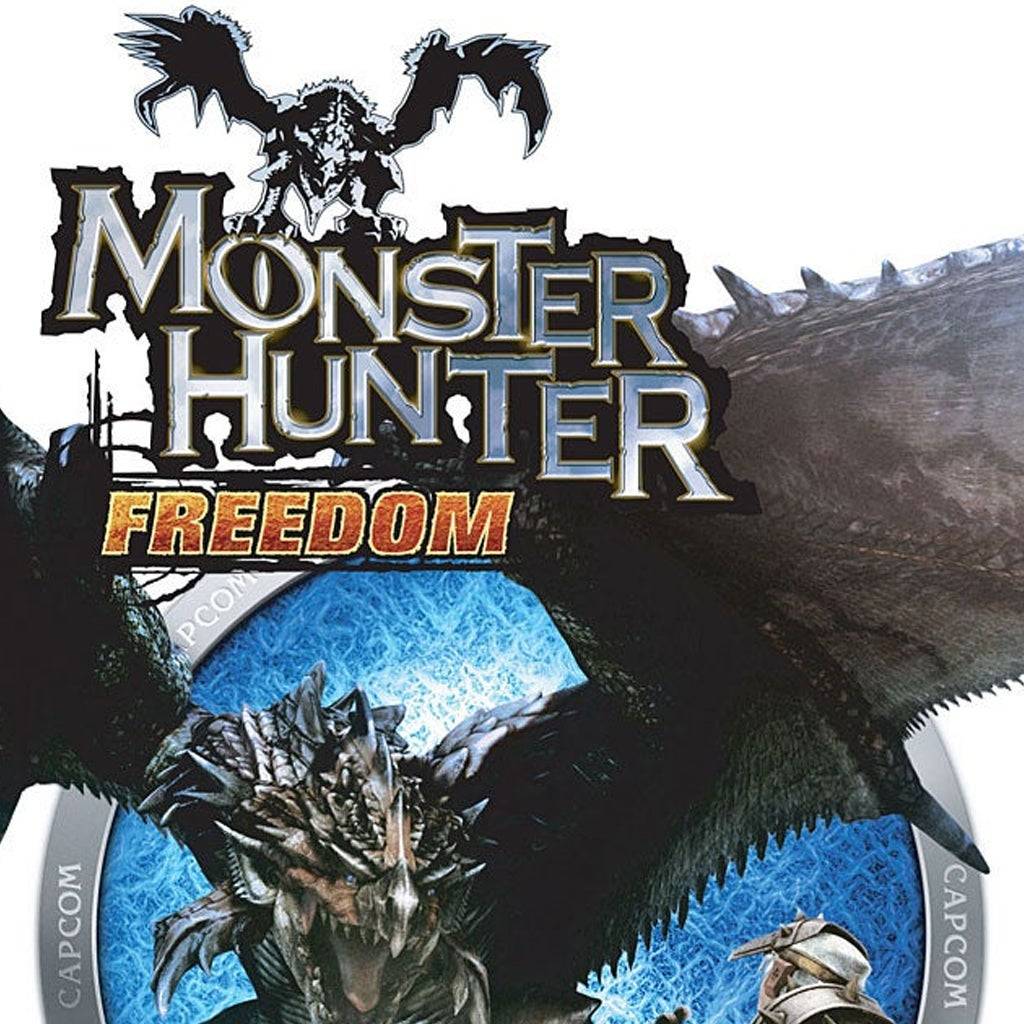
Monster Hunter Freedom
Capcom Production Studio 1
Monster Hunter 2 (2006)
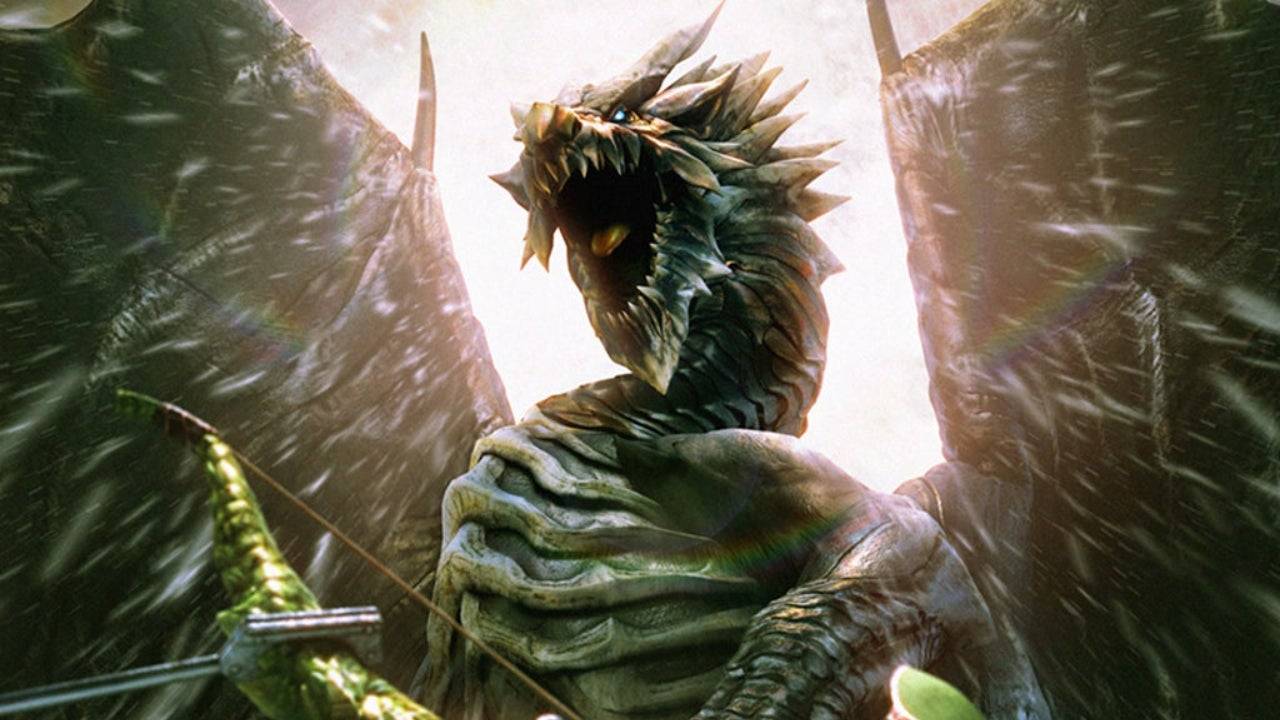
Capcom returned to home consoles with Monster Hunter 2 (also known as Monster Hunter Dos), released exclusively in Japan for the PS2. This entry introduced key innovations such as a dynamic day-night cycle and the gem system, which allowed for deeper customization of weapons and armor—adding new strategic layers to gear progression.
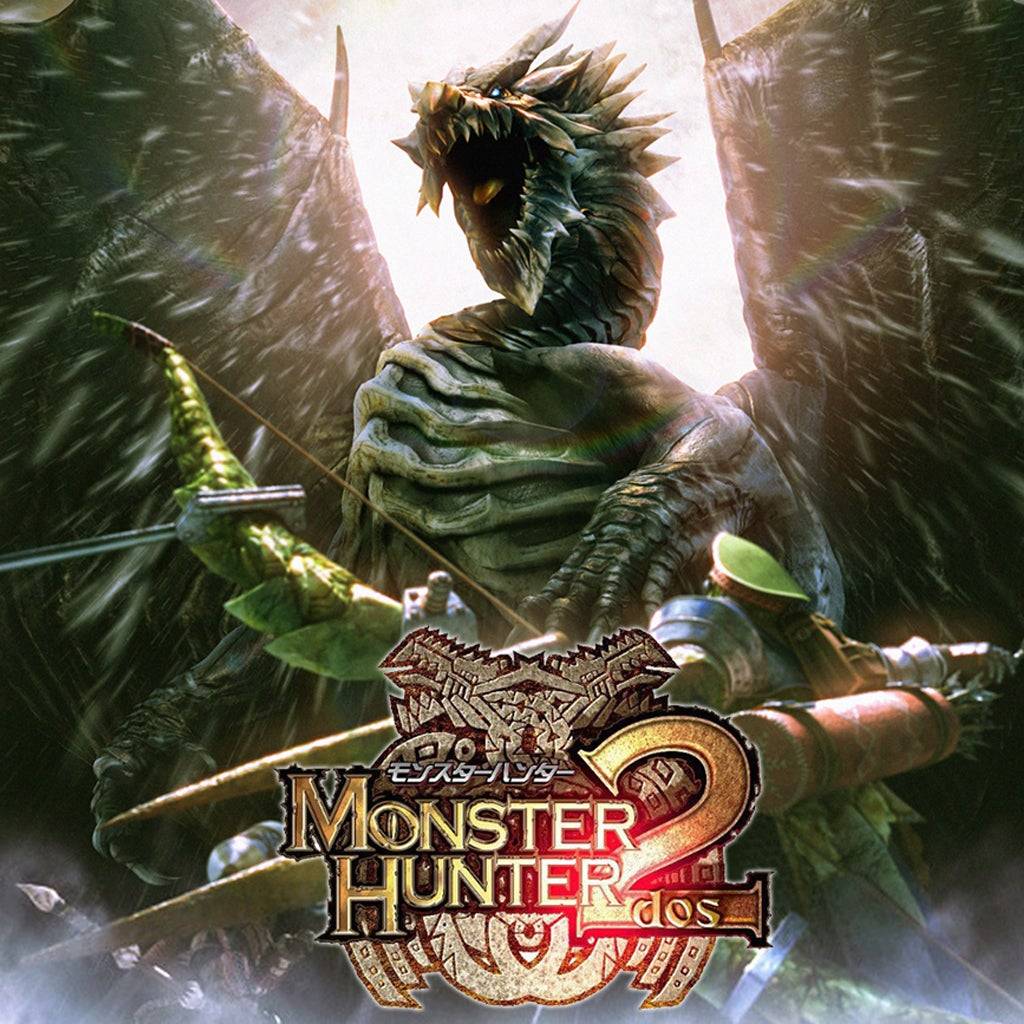
Monster Hunter 2
Capcom Production Studio 1
Monster Hunter Freedom 2 (2007)




